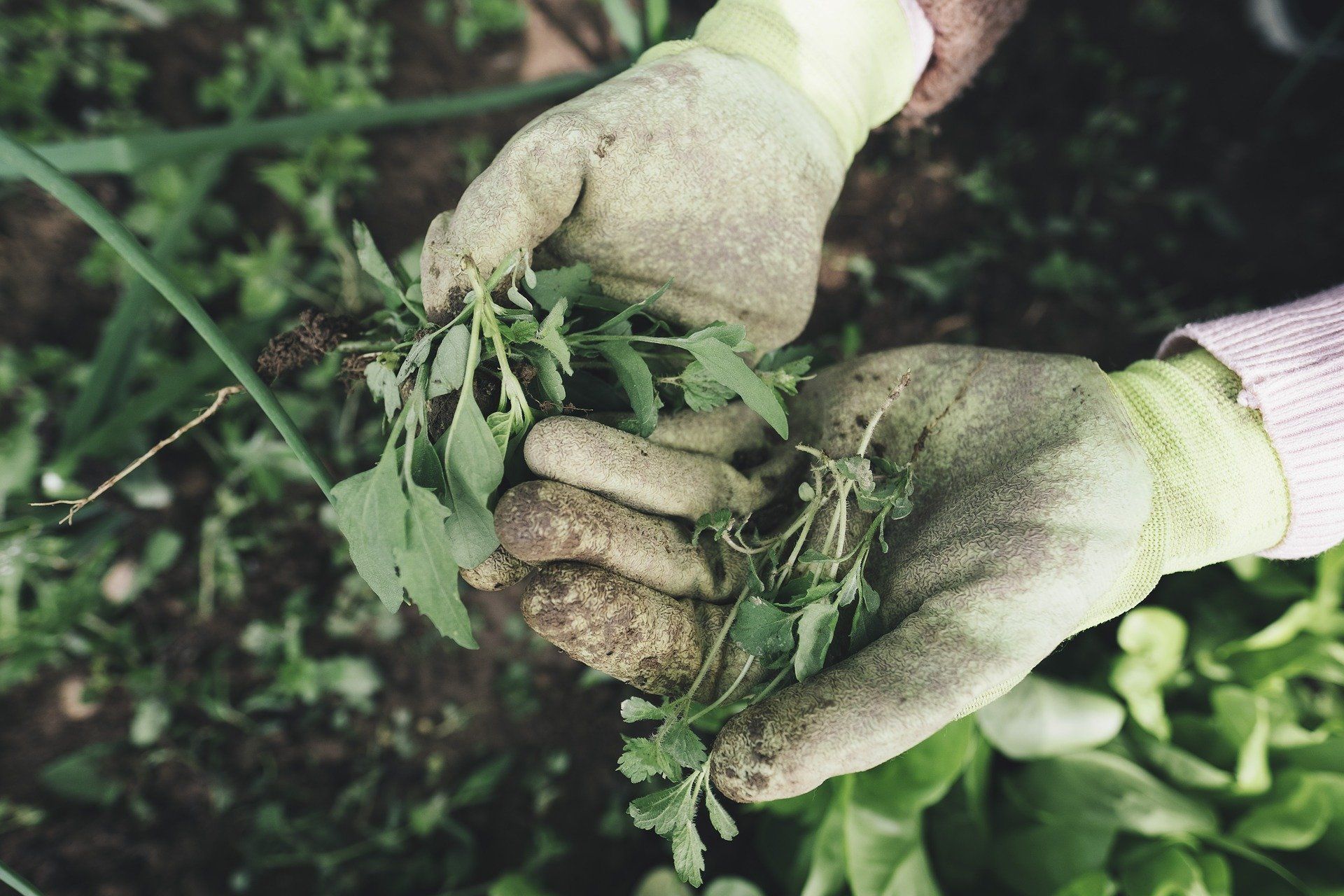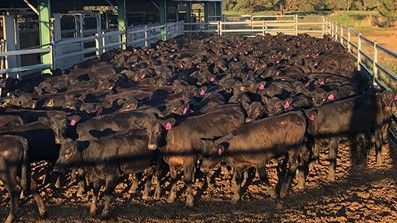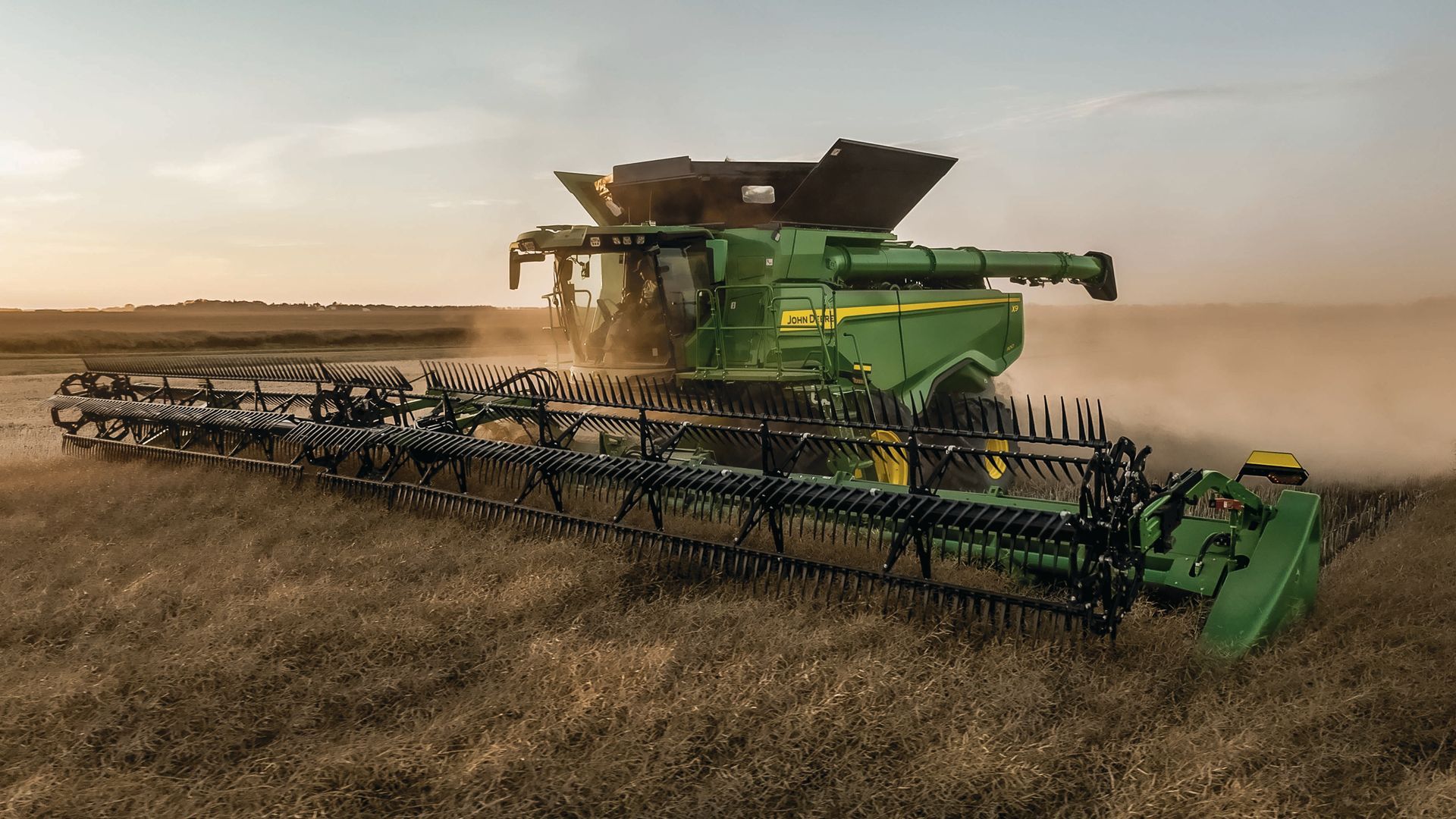1MG FlippingBooks
Blog Post
Weed control research bears fruitful results
Elizabeth Gracie

A new research project led by Charles Sturt University has identified a myriad of weed control tactics for mixed farming systems, including the effectiveness of rotating diverse crop types.
In collaboration with the Grains Research and Development Corporation (GRDC) and the University of Adelaide, the project will help Australian farmers identify novel and effective methods for growers to implement on their farms.
Originally trialled at sites across southern New South Wales, Southern Victoria and the Victorian Mallee and South Australia’s Mid North and Eyre Peninsula, researchers assessed diverse weed control and management approaches over five growing seasons, across differing agroecological zones.
This enabled researchers to critically analyse the long term effects and implications of different weed management approaches in context.
Leslie Weston, from the Graham Centre for Agricultural Innovation led the multidisciplinary team at Charles Sturt University and said the trials proved the effectiveness of a range of chemical and non-chemical weed management strategies across each agroecological zone.
“The key findings from our research were that rotations with diverse and competitive crop types, along with early crop vigour and high total crop biomass in canola, barley and wheat varieties, correlated strongly with effective weed suppression across multiple locations and years in New South Wales, Victoria and South Australia,” said Weston.
“Our findings also revealed different crops, including cereals and annual pasture legumes, release significant quantities of metabolites into the soil during breakdown that appear to influence weed suppression.
“We found evidence that the breakdown of different crop residues resulted in the release of compounds into the soil that was strongly correlated with summer weed suppression in the field and phytotoxicity in the laboratory”.
Professor Weston and her team hope that these findings will help equip Australian farmers, specifically South Australian growers will the means to optimise a variety of both non-chemical and chemical weed control tactics in mix farming enterprising enterprises.
Share
Tweet
Share
Mail
NEWS

By Michael Crowley
•
February 10, 2025
Following from another record year for beef production and exports, we anticipate opportunities for Australian beef to continue into 2025, especially in markets like the US which is in a cattle herd rebuild and was our number one export destination for beef in 2024.
A selection of The Australian Farmer Sponsors - Click on a banner below to find out more...















